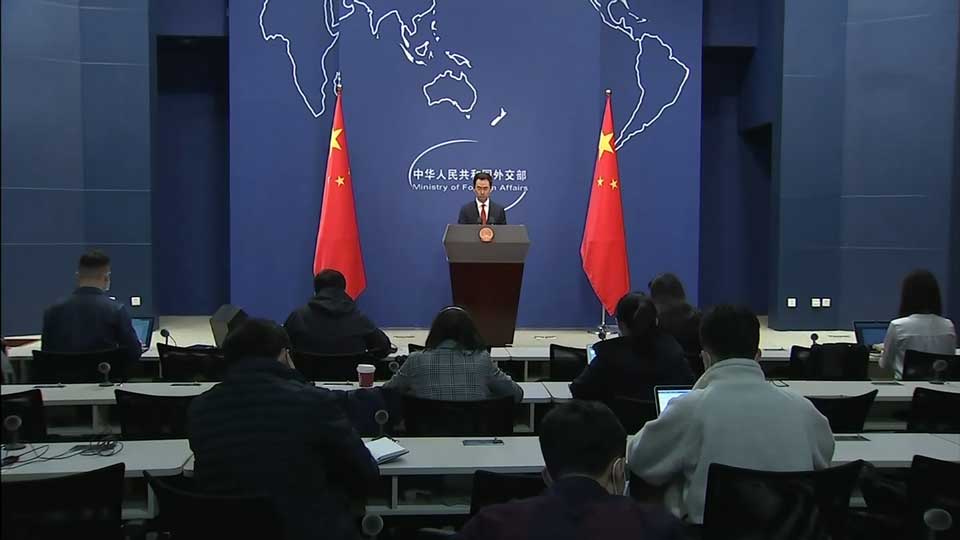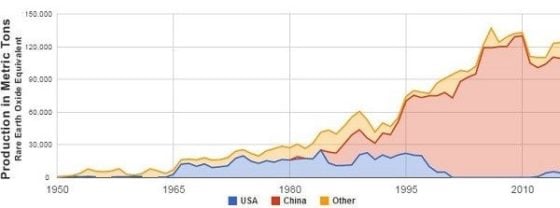
An investigation revealed that an intelligence collection technology company called Zhenhua was harvesting data on over 10,000 Indians. The Chinese government gains enormous political power from its espionage activities. Even when collecting large amounts of data, the Chinese state agencies have the capability to sift through the chaff and create rich datasets to train their algorithms. Any and all information collected through hardware, software, and other attack vectors is useful. The coldest warĬhina has been described as using a ‘thousand grains of sand’ approach to information gathering. Not only do these companies have a cavalier attitude to cybersecurity, their close collaboration with the Chinese government almost ensures the fact that they have built-in backdoors for espionage. Through companies like Huawei and ZTE, the Chinese government is able to hijack the network and telecommunications infrastructure of their target nations. The most disturbing method of Chinese espionage comes from their infrastructural invasions.
CHINESE ESPIONAGE GROUP NEW COMPATIBLE WITH SOFTWARE
However, these devices’ firmware and background software routinely seep data back to Chinese servers, even if the phone has no Chinese apps installed.

By offering products below production cost, Chinese phone manufacturers have penetrated the sub-Rs 15,000 phone market. This includes call logs, contact information, and other personally identifiable information like location, IMEI numbers and other sensitive information.Īpart from using software to collect information, the Chinese government uses its manufacturing grunt to incorporate espionage-focused backdoors in hardware. As per the Chinese Internet Security Law, any company operating in the country must share data with the Chinese government. The MSS has been at the forefront of China’s cyber espionage activities ever since.Įarlier this year, the Indian Ministry of Corporate Affairs carried out a probe into the registrar of companies in India wherein household names like Vivo, Xiaomi, and Oppo were found to be managed directly by Chinese partners. However, with Trump’s hardline attitude against China, the totalitarian regime returned to its ways, moving its cyberattack operations to the Ministry of State Security (MSS). A treaty signed between the United States and China during the time of the Obama administration prohibited the theft of intellectual property by either party.

Western cybersecurity experts have been bearing the brunt of Chinese state-sponsored cyberattacks since 2016.


In addition to its overt information-gathering techniques, the Chinese government also conducts operations to steal intellectual property from technologically advanced nation-states like China. The Chinese government not only collects data through its ‘private’ companies, but also engages in dangerous economic behaviour targeted at eroding the power of other countries. Many panned the move vehemently, calling it anti-Chinese, however, this pre-emptive move may have helped preserve the privacy of millions of Indian citizens. While many countries world over have just begun to wisen up to China’s insatiable hunger for sensitive information, India set a precedent by cutting off Chinese surveillance efforts at the beginning of 2020. However, this isn’t news to anyone, as China has made spy work an integral part of its geopolitical policy. Bytedance, the company behind the viral sensation, has been exposed yet again as being an espionage front for the Chinese government. TikTok has everyone swept up in its short-form video wave, but the platform has a dark side.


 0 kommentar(er)
0 kommentar(er)
